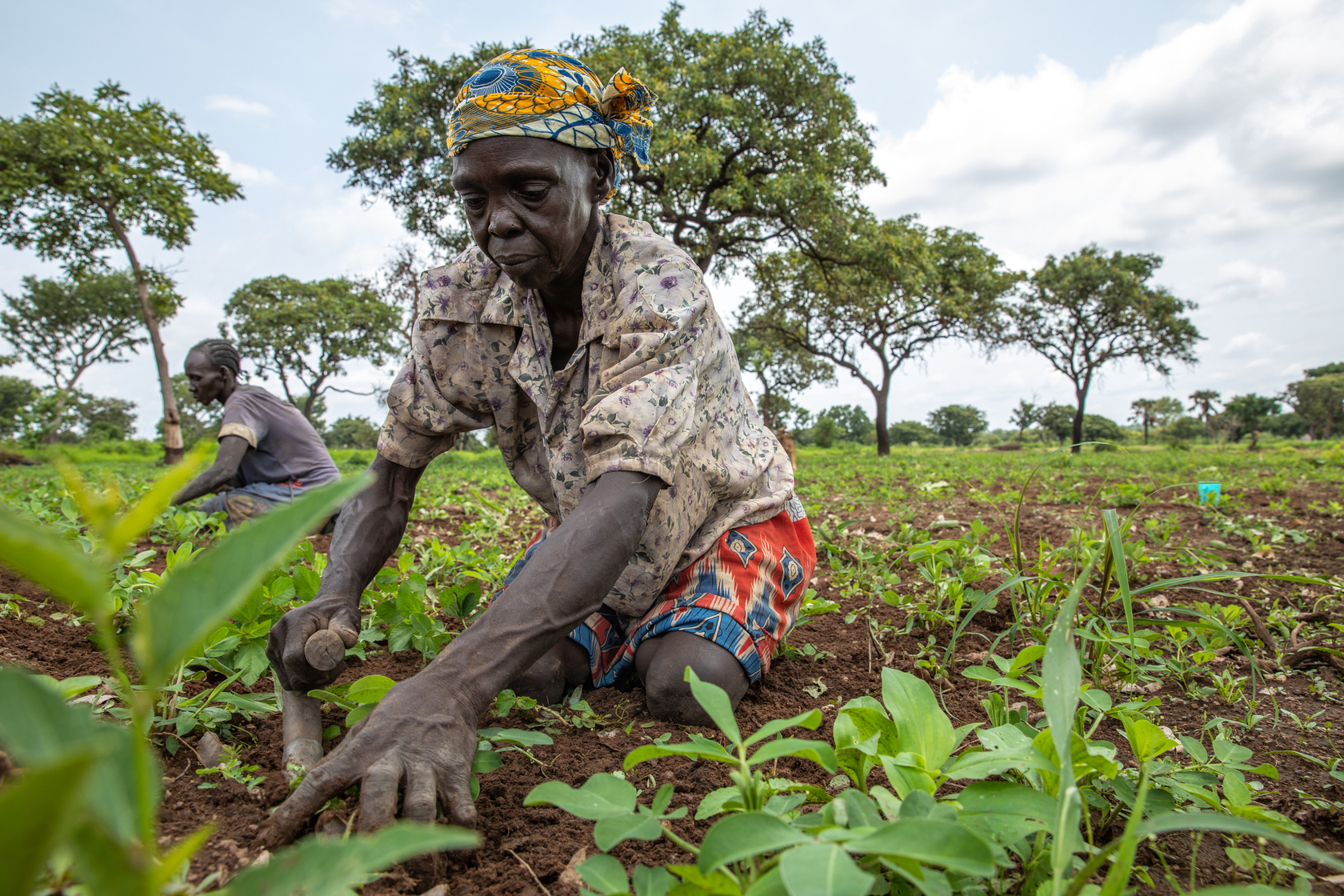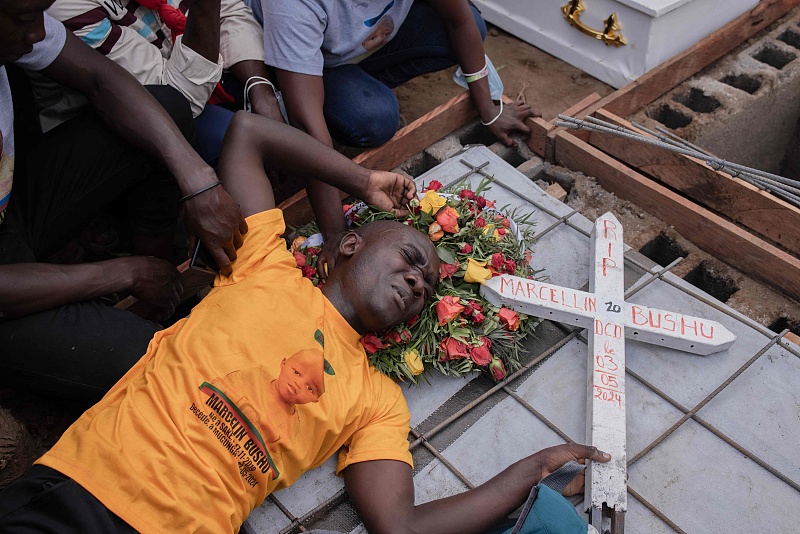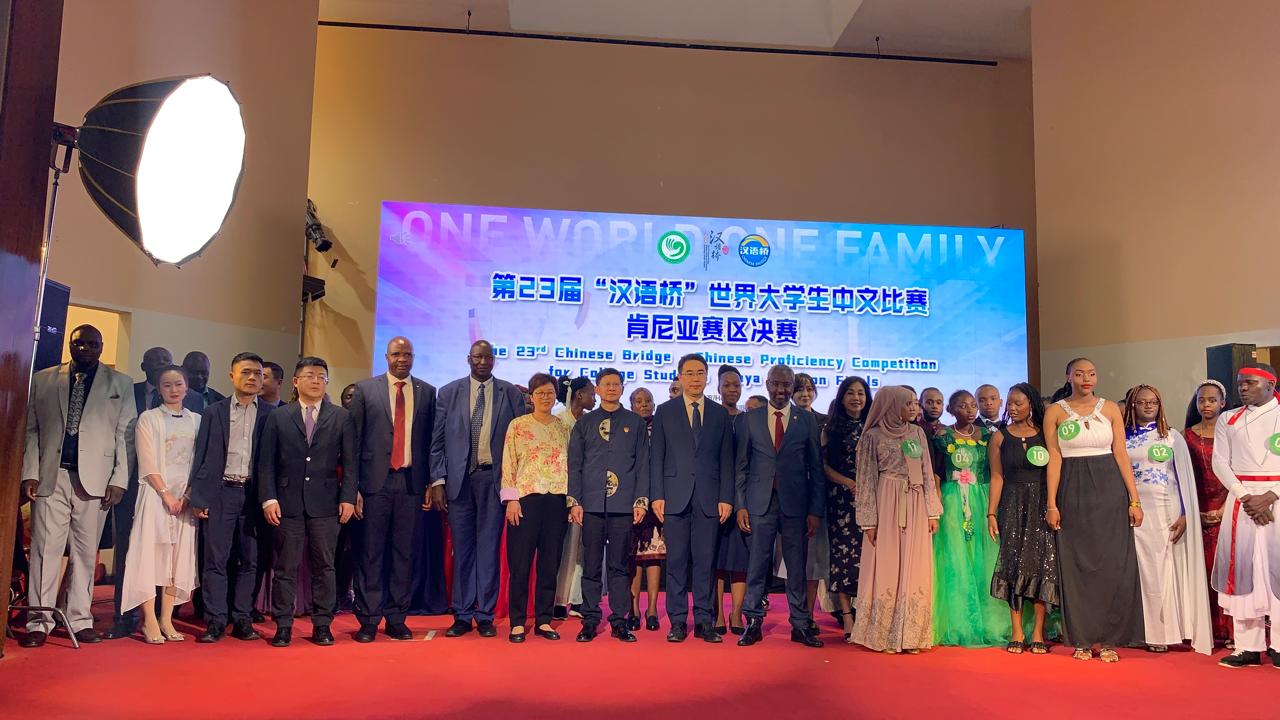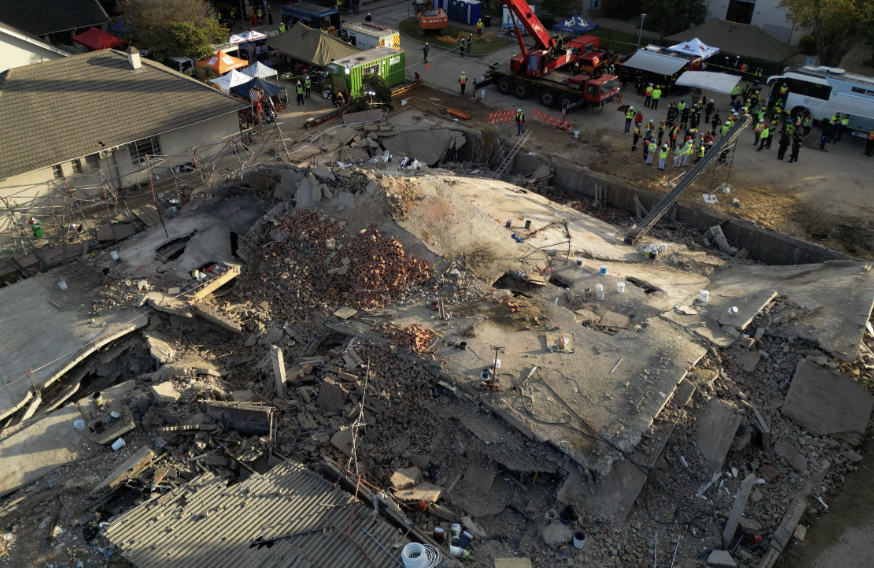Burkina opposition leader, ex-PM to stand in elections
 Burkina Faso’s main opposition leader Zephirin Diabre and the country’s exiled former transition prime minister Yacouba Isaac Zida on Friday registered their candidacy to run in November’s presidential election.
Burkina Faso’s main opposition leader Zephirin Diabre and the country’s exiled former transition prime minister Yacouba Isaac Zida on Friday registered their candidacy to run in November’s presidential election.
Diabre, the veteran leader of the insurgency-hit nation’s biggest opposition party, the Union for Progress and Change (UPC), said the ruling party has brought the impoverished West African country to “the edge of chaos”.
He came second in 2015’s election which was won by Roch Marc Christian Kabore, who is standing for re-election on November 22 despite growing criticism that he has failed to tackle five years of jihadist insurgency.
Diabre, 61, lashed out at President Kabore’s People’s Movement for Progress (MPP) as he registered his candidacy with the Independent National Electoral Commission on Friday.
“Five years under the MPP have brought Burkina Faso to the edge of chaos,” he said.
“We are obliged to save it today.”
A minister under former president Blaise Compaore in the 1990s, Diabre went into opposition in 2011 and founded the UPC.
After 27 years in power, Compaore was forced out in 2014 by popular protests.
Zida, a lieutenant colonel at the time, immediately grabbed power.
But after sustained pressure from political parties, civil society and the international community, he conceded power to a retired diplomat who appointed him transition prime minister.
He has been exiled in Canada after visiting his family there in 2016 and never returning, prompting an arrest warrant for “desertion”.
Zida filed his candidacy via supporters who said he would be back for the election campaign.
Around 20 opposition parties, including the UPC, have agreed to support whichever opposition candidate makes it to the second round.
Several former members of the Compaore regime have already registered their intention to stand, including ex-prime minister Kadre Desire Ouedraogo and Eddie Komboigo, the head of Compaore’s party which was excluded from the 2015 vote.
The crowded field also includes Tahirou Barry, who came third in 2015 and stepped down as a minister in Kabore’s first government.
The country is one of the world’s poorest and since 2015 the insurgency has seen more than 1,100 lives lost and nearly a million people forced from their homes.






